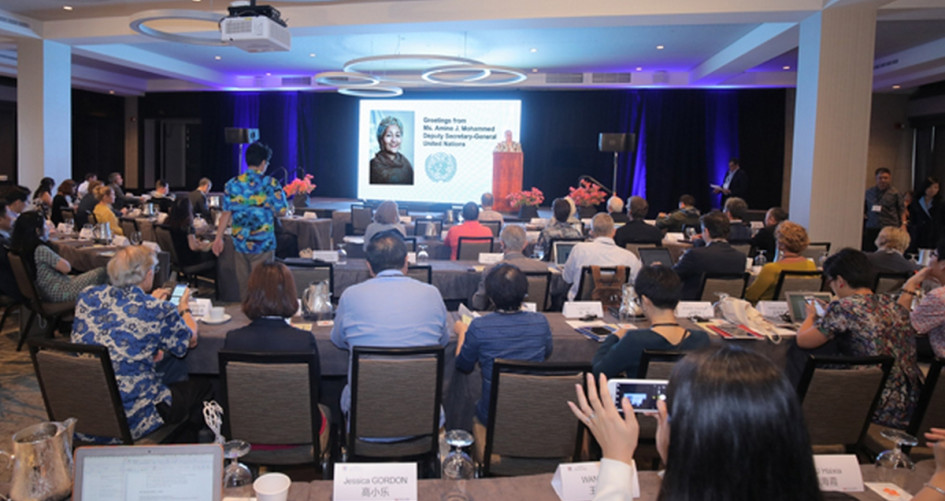UN Climate Change News, 17 April 2018 — International cooperation and public and private partnerships are central pieces of the global response to climate change, including by providing support for developing countries to enhance their climate action and safeguard their environment.
Now, organizations working in developing countries can apply for support from the United Nations QIAO Plan on Climate Change and Nature Conservation as part of a partnership between the UN Office for South-South Cooperation (UNOSSC) and the Beijing Qiaonyu Foundation. The plan will make available an initial amount of RMB 85 million (approximately USD 13.5 million) for projects between 2018 and 2023.
Earlier this year, the United Nations Deputy Secretary-General Amina Mohammed welcomed the launch of the QIAO Plan, saying: “Secretary-General António Guterres and I recognize the central role of the private sector, the philanthropic community and civil society in accelerating climate action and achieving sustainable development.”
The Deputy Secretary-General stressed the importance of deepening partnerships with these stakeholders, including through the 2019 Climate Summit, as such partnerships will support developing countries in enhancing their ownership and leadership of climate actions, as well as strengthening South-South collaboration.
Expressions of interests should be sent by 20 May 2018, 24:00 Eastern Standard Time (EST). For more information and to download the template for submission of project concept, please visit the UNOSSC website.
The QIAO Plan was launched in January 2018 but it took root during the Marrakech COP22 in 2016 when the Beijing Qiaonyu Foundation announced a RMB 100 million (around USD 16 million) seed fund to support climate actions and sustainable development. This was the first major non-State pledge following the entry-into-force of the Paris Agreement on climate change, which aims to limit the rise in global average temperatures to well below two degrees Celsius and as close as possible to 1.5 degrees above pre-industrial levels.
